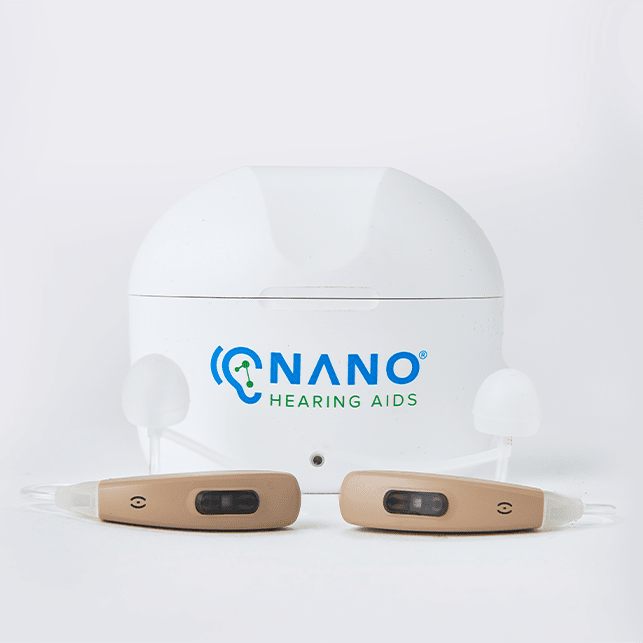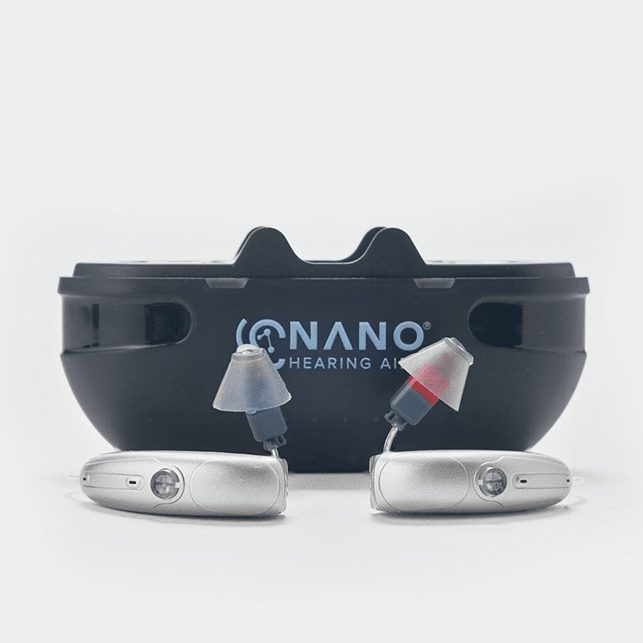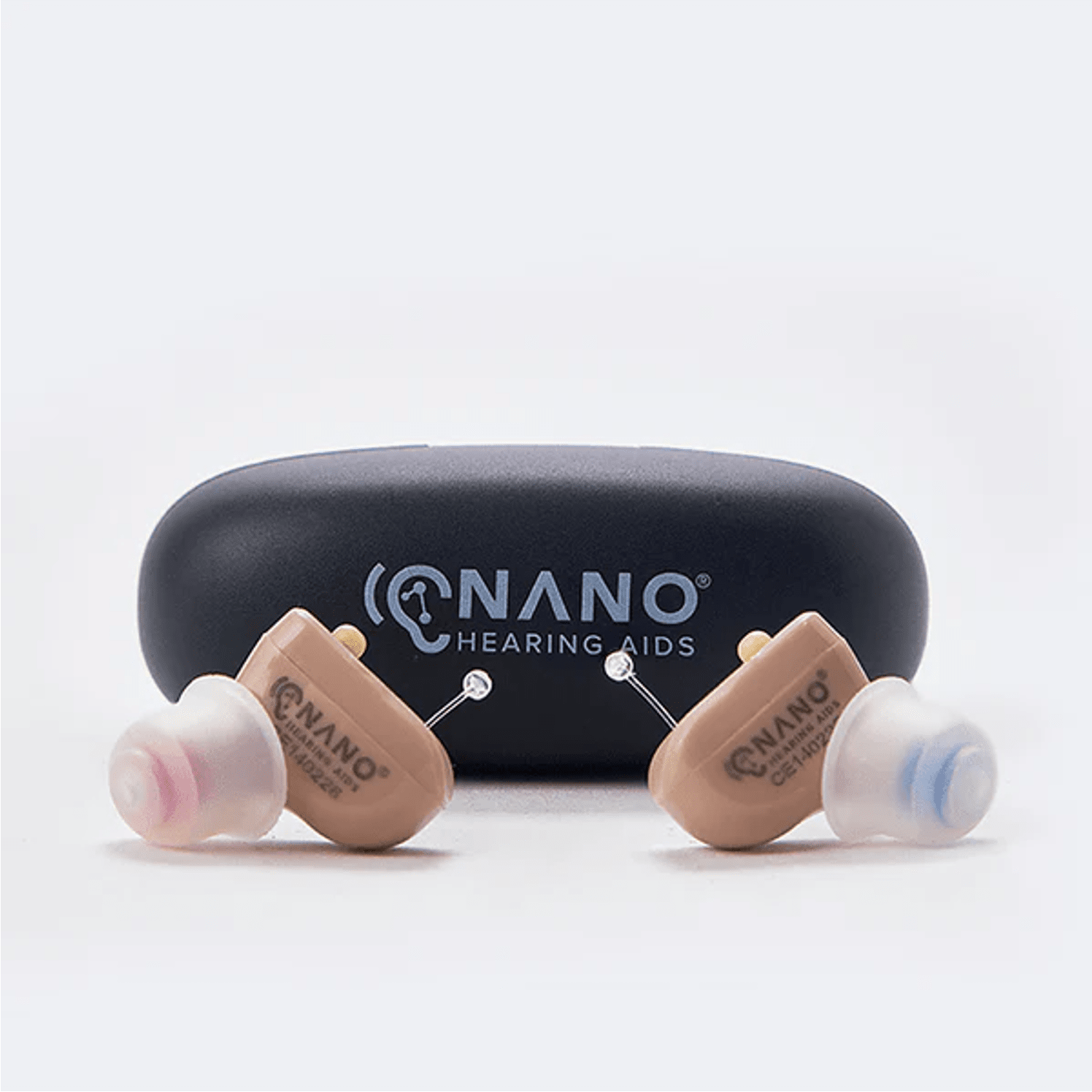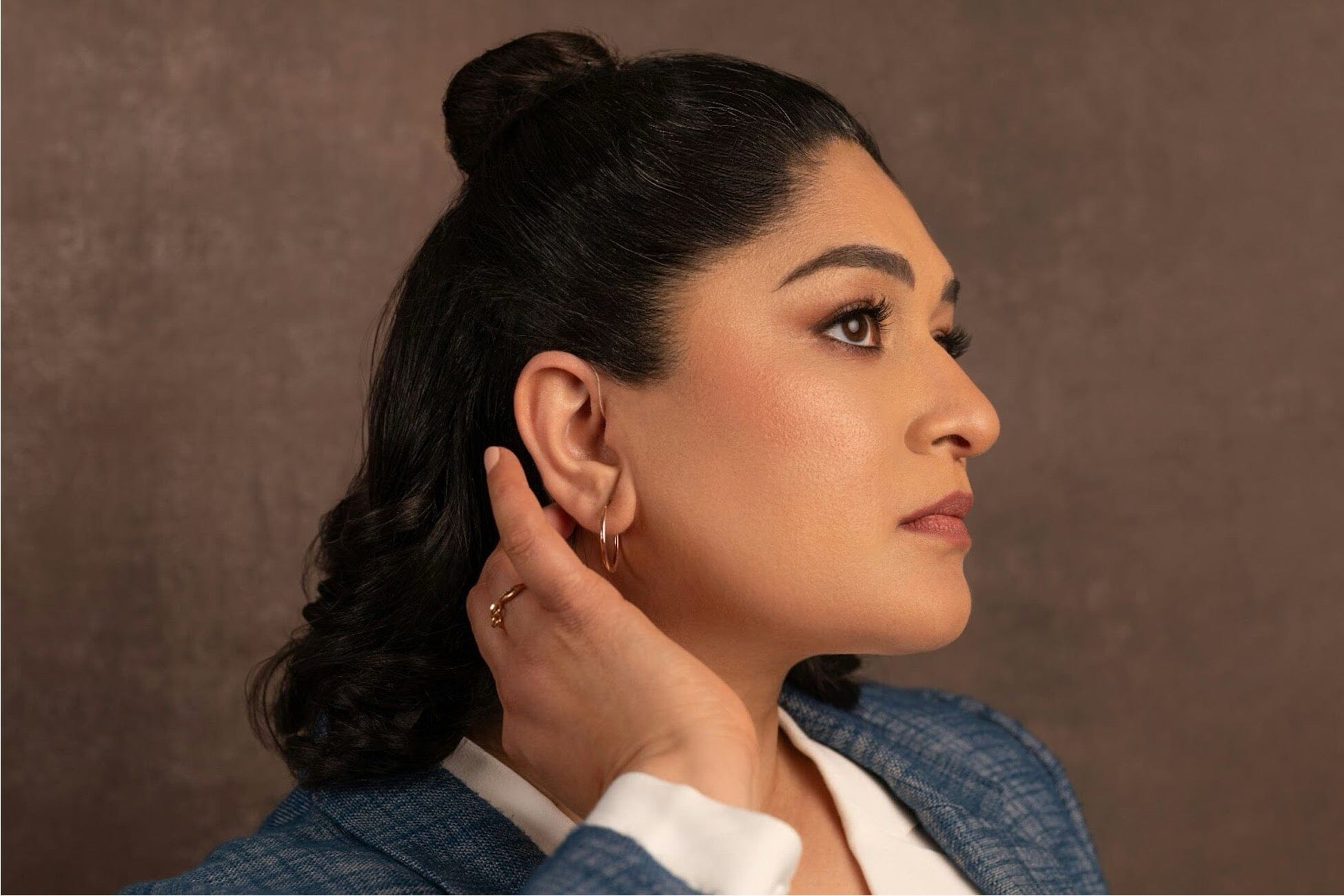Key Takeaways
- It is suspected that high blood sugar levels may damage the small blood vessels and nerves of the inner ear, potentially contributing to hearing loss in people with diabetes.
- The severity of hearing loss can range from mild to profound, impacting day-to-day communication and quality of life.
- Common symptoms include difficulty understanding speech, especially in noisy environments, and frequently asking others to repeat themselves.
- Early diagnosis is crucial and can be achieved through a hearing test conducted by a healthcare professional.
- Maintaining good blood sugar control and avoiding exposure to loud noises can help prevent or minimize diabetes-related hearing loss.
Why Might Hearing Loss and Diabetes be Related?
Diabetes can affect various parts of the body, including the ears, eyes, and nerves. While many people are aware of common diabetes complications such as vision problems, kidney disease, and knee pain, the link between diabetes and hearing loss is often overlooked. However, research has shown that individuals with diabetes are twice as likely to experience hearing loss compared to those without the condition
Hearing loss that is associated with diabetes is a significant health concern that can arise from the long-term effects of high blood sugar levels on the blood vessels and nerves of the inner ear. Over time, this damage can lead to varying degrees of hearing impairment.
Degrees of diabetes-related hearing loss:
- Mild hearing loss: Difficulty hearing soft sounds and understanding speech in noisy environments (25-40 dB).
- Moderate hearing loss: Frequently needing to ask others to repeat themselves and increased volume on electronic devices (41-55 dB).
- Severe to Profound hearing loss: Inability to hear most conversations and potentially requiring a hearing aid or cochlear implant (56 dB and above).
The impact of hearing loss can be profound, affecting your ability to communicate with others, engage in social activities, and even perform certain job functions. As such, recognizing the signs early and seeking intervention is key.
NANO Hearing Aids are FDA-registered, Class I devices. Our OTC hearing aids are designed for individuals over 18 years of age with perceived mild to moderate hearing impairment. With prices starting at just $297, they offer a viable solution for those looking to improve their hearing without breaking the bank.
Connection Between Diabetes and Hearing Loss
The intricate structures of our inner ear are incredibly sensitive to changes in our blood chemistry - when diabetes enters the picture, it brings with it high levels of blood glucose that can wreak havoc on these delicate systems.
Common Causes:
- Blood Glucose Impact: Elevated blood glucose levels can harm the blood vessels and nerves in the inner ear, affecting hearing.
- Complications from Associated Conditions: Illnesses related to diabetes, such as hypertension, may cause damage to the auditory nerve.
- Diabetes and Otosclerosis Link: Diabetes can worsen otosclerosis, a condition marked by abnormal bone growth in the middle ear, potentially affecting hearing.
Besides, diabetes can also accelerate the age-related decline in hearing, making it even more challenging to pinpoint the exact cause of hearing loss in individuals with diabetes.
Symptoms of Hearing Loss
Look out for these indicators of hearing loss:
- Conversational Struggles: Having trouble tracking conversations, especially with ambient noise present.
- Higher Volume Needs: Requiring the volume on devices such as TVs, radios, or phones to be set louder than what used to be sufficient.
- Unclear Speech Perception: Feeling as though people are not enunciating or are mumbling.
- Continuous Tinnitus: Experiencing a constant ringing or buzzing in the ears.
These symptoms can have a significant impact on your social interactions and emotional well-being - it’s essential not to dismiss them as merely signs of aging or background noise. If you notice any of these changes, it's time to take action.
Diagnosing Hearing Loss
Diagnosing hearing loss associated with diabetes requires a thorough examination by a healthcare professional. Typically, the process begins with a visit to your doctor, who may refer you to an audiologist - a specialist in hearing disorders.
A hearing specialist will conduct a series of hearing tests, often in a soundproof room, to determine the extent and type of hearing loss. These tests are painless and can include:
- Audiometry, which measures your ability to hear different sounds, pitches, and volumes.
- Tympanometry, which tests the middle ear function to ensure it's moving sound to the inner ear effectively.
- Otoacoustic emissions (OAEs), which check the function of the hair cells in the inner ear.
Once the tests are completed, the hearing professional will review the results with you and discuss the next steps. If diabetes-related hearing loss is confirmed, you'll explore treatment options tailored to your specific needs.
Treatment Options for Hearing Loss
Treatment for hearing loss resulting from diabetes will depend on the severity and cause of the condition. Here are some of the most common treatment routes:
Hearing Aids: Features and Types
Hearing aids are often the first line of treatment for those with mild to moderate hearing loss. They come in various styles and with different features to suit your needs:
- Behind-the-ear (BTE) aids, which are noticeable but easy to handle.
- In-the-ear (ITE) aids, which are less visible and fit entirely within the outer ear.
- Completely-in-canal (CIC) aids, which are nearly invisible to others.
Modern hearing aids can be customized to amplify the sounds you want to hear while reducing background noise. They may also come with connectivity options, allowing you to link them to your smartphone or television for a better listening experience.
Cochlear Implants: Eligibility and Process
For those with severe to profound hearing loss,cochlear implants may be an option. These devices are surgically implanted and work by bypassing damaged parts of the ear to directly stimulate the auditory nerve.
Eligibility for cochlear implants typically requires:
- Severe to profound sensorineural hearing loss in both ears.
- Limited benefit from hearing aids, as determined by a trial period.
- No medical contraindications to surgery.
The process involves an assessment by a team of specialists, including a hearing professional, an ENT surgeon, and sometimes a psychologist. If deemed a suitable candidate, the surgery is planned, and auditory rehabilitation begins after recovery to help you adapt to the new way of hearing.
Medications and Therapies for Nerve Damage
While there are no specific medications to reverse hearing loss caused by diabetes, managing your blood sugar levels is crucial. Medications to control diabetes can indirectly help prevent further damage to the auditory system.
In some cases, corticosteroids may be prescribed if there's inflammation in the ear, and low-level laser therapy (LLLT) has shown promise in treating tinnitus associated with hearing loss.
Assistive Listening Devices and Resources
Besides hearing aids and implants, there are other devices and resources to help manage hearing loss:
- Amplified phones that make it easier to hear conversations.
- Flashing light alerts for doorbells or fire alarms.
- Assistive listening systems in public venues, like theaters or churches.
Organizations like the Hearing Loss Association of America provide support and advocacy for individuals with hearing loss, and you can connect you with local resources and support groups.
Living with Hearing Loss
Living with hearing loss means adjusting to a new normal, but it doesn't have to diminish your quality of life - with the right support and adjustments, you can continue to engage in conversations, enjoy your favorite sounds, and stay connected to the world around you.
Hearing loss requires adjustments, but with support, you can still enjoy conversations, sounds, and stay connected.

Can Hearing Loss be Prevented?
Most importantly, hearing loss is a potential complication of diabetes and there are proactive steps you can take to minimize the risk or slow down its progression. The cornerstone of prevention is managing your diabetes effectively. Here are steps you can take to minimize the risk:
- Blood Sugar Management: Keep your blood sugar levels well-regulated to avoid harm to the ear's blood vessels and nerves.
- Regular Hearing Assessments: Schedule hearing tests frequently, particularly if you detect any alterations in your hearing capabilities.
- Noise Protection: Shield your ears from high-decibel environments to mitigate further hearing loss, utilizing earplugs or earmuffs as needed.
- Blood Pressure and Cholesterol Control: Monitor and maintain healthy blood pressure and cholesterol levels, as they can impact your hearing health.
- Healthy Living Practices: Engage in consistent physical activity and stick to a nutritious diet to bolster the overall health of your ears.
NANO OTC Hearing Aids for Perceived Mild to Moderate Hearing Loss
For individuals with perceived mild to moderate hearing loss, NANO OTC hearing aids might be a viable solution. These devices are designed to amplify sound for those who have difficulty hearing but do not yet require prescription hearing aids. However, it's important to understand that not all types of hearing loss can be managed with OTC hearing aids.
Frequently Asked Questions (FAQ)
Can diabetes cause sudden hearing loss?
While hearing loss typically develops gradually, it's possible for blood sugar fluctuations to cause sudden changes in hearing; if you experience a rapid loss of hearing, seek medical attention immediately.
Are there any specific foods or supplements that can help prevent diabetes-related hearing loss?
There's no specific diet or supplement proven to prevent hearing loss due to diabetes. However, a balanced diet rich in nutrients that support overall health can indirectly benefit ear health - focus on foods high in antioxidants, magnesium, and omega-3 fatty acids.
Is diabetes-related hearing loss reversible?
Unfortunately, hearing loss due to diabetes is typically not reversible; still, with proper management and treatment, you can prevent further loss and improve your quality of life.
How often should I get my hearing checked if I have diabetes?
It's recommended to have your hearing tested annually if you have diabetes. If you notice any changes in your hearing or if you're exposed to loud noises regularly, you may need to get tested more frequently.
How can diabetics prevent or reduce the risk of hearing loss?
Maintaining good control of blood sugar levels is crucial - regular hearing checks, protecting ears from loud noises, managing blood pressure and cholesterol, and leading a healthy lifestyle with regular exercise and a balanced diet can also help.






